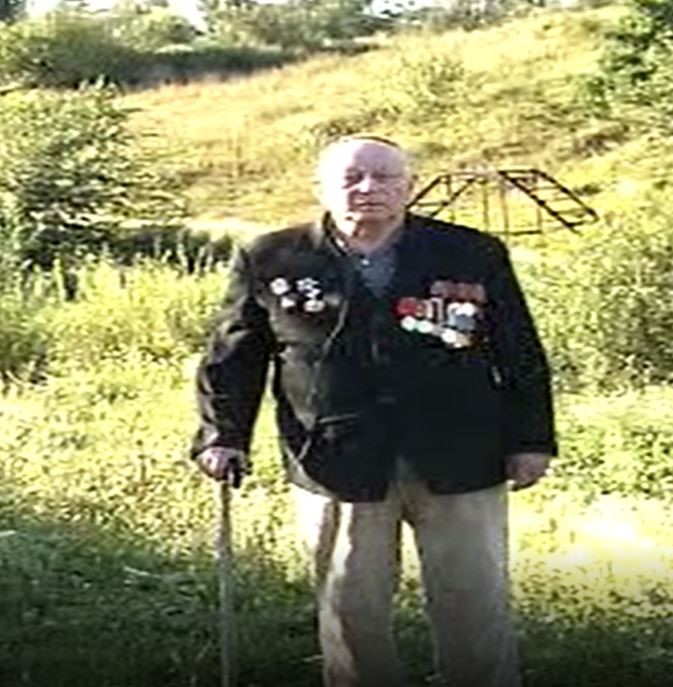Matvei Kolman was born in 1924 in Równe, Poland (present-day Rivne, Ukraine), in a religious family, and his original first name was Motl. His father, Haskel (Yehezkel) Kolman, was a bank clerk. His mother Pola was a homemaker. In his youth, Motl was a member of Hashomer Hatzayir, a leftist Zionist youth movement. In 1938, Kolman finished a seven-year Yiddish school, and went on to study at a school for dental technicians. In September 1939, World War II began, and the Red Army entered Równe. In June 1941, following the outbreak of the Soviet-German War, the town was occupied by the German Army. In November 1941, the Nazis shot more than 17,000 Jews in Równe, and Matvei's parents and two siblings were among the victims. Matvei, who was covered by his father, survived with only minor injuries. He extricated himself from the mass grave and went on to wander through the countryside for several days, before returning to the Równe Ghetto. In July 1942, the Nazis liquidated the ghetto. Once again, Matvei survived the massacre. After several days of wandering, he found shelter in a village of Czech colonists in Volhynia, where he lived until the liberation of the area by the Red Army in February 1944. Kolman returned to Równe (which was now renamed Rivne), and several months later he was drafted into the Red Army. After a brief military training, Kolman, in the rank of private, was attached to the 27th Motorized Rifle Regiment, which was deployed on the 2nd Belorussian Front. He received his "baptism by fire" in the Polish territory west of the Bug River. In February-March 1945, he took part in the siege of Breslau. In March 1945, Kolman was wounded by a shell, and was treated at the regiment's medsanbat (medical sanitary battalion). He met V-E Day in Germany, south of Berlin. His sole wartime decoration was the medal "For the Victory over Germany."
Matvei Kolman was discharged from the military only in 1947. He returned to Rivne, married, and had a son and a daughter. He worked as a driver for the Rivne military garrison. Kolman remained religiously observant, and he tried to attend the Sabbath service at the synagogue every week. His children immigrated to Israel, where his granddaughter married an ultraorthodox Jew in 1997. This was Kolman's only visit to Israel.







